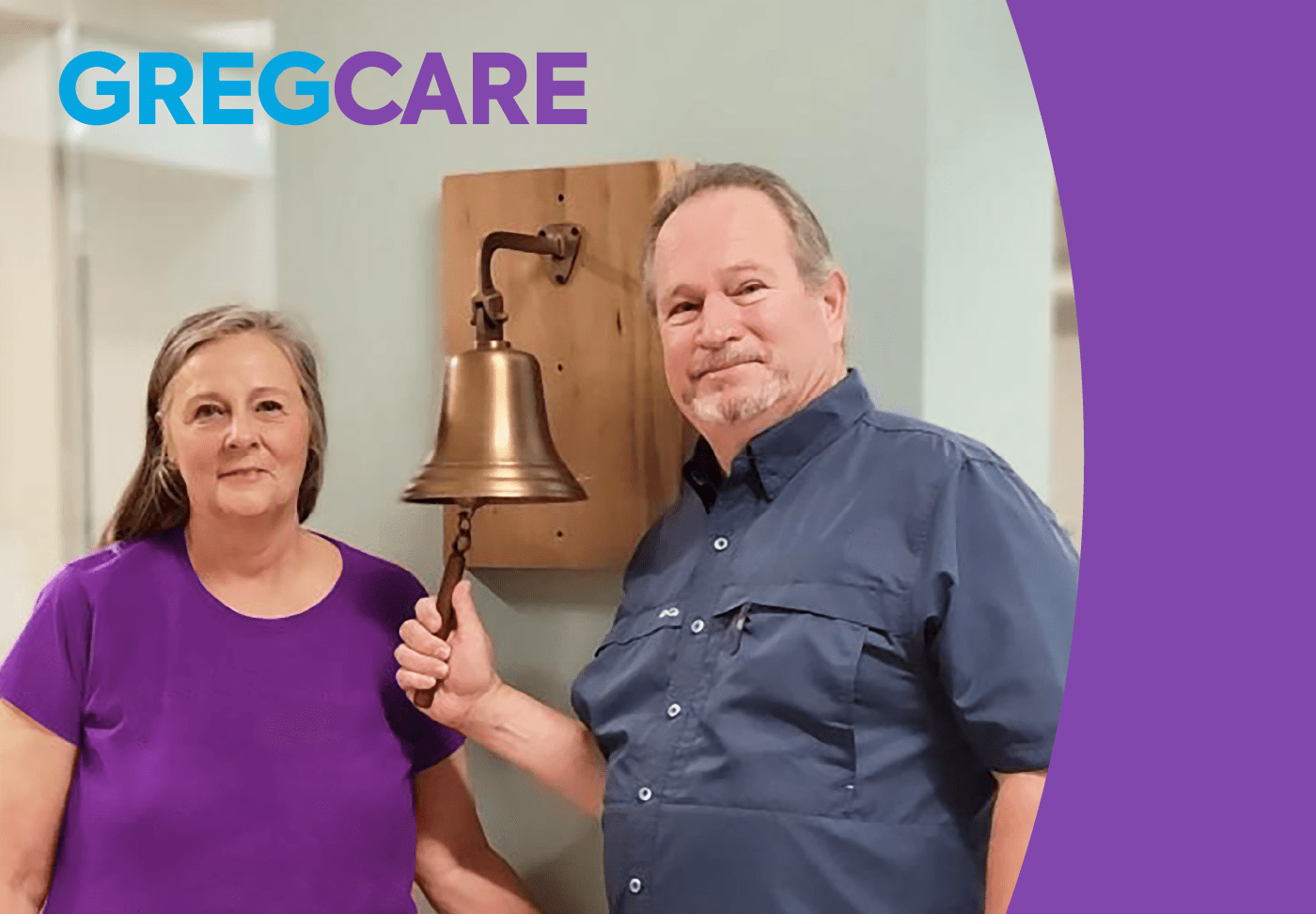Your late teens, 20s & 30s
Striving for top health performance
You may feel on top of your game—even unbeatable—In your 20s and 30s. You may be tempted to think, “Why even bother with a physical?” Yet this is training season for building up lifelong healthy habits.
Establish your care coach: In your late teens to early 20s, transition from your pediatrician and establish yourself with a primary care physician, nurse practitioner or physician assistant by scheduling a physical.
“When young men show up for preventive care, we talk about the future,” said Dr. Dean Seehusen, chair of Family & Community Medicine at Wellstar MCG Health Medical Center in Augusta. “Then we talk about what that’s going to take habit-wise. What you can do in your 60s and 70s is based on what you’re doing in your 20s, 30s and 40s.”
Stay on top of your stats: The information from your annual exam can help you stay on track to live out your vision, measured in part by important health stats—like glucose and cholesterol levels, body mass index and blood pressure. Staying on top of your trending numbers can help prevent heart disease, stroke and diabetes down the road.
It’s also a good time to talk about your vaccine status, such as tetanus (needed every 10 years) and HPV. To protect yourself and your partner, it’s important to test for human papillomavirus. Also known as HPV, it’s the most common sexually transmitted infection and can cause several types of cancer for men and women, even though you likely won’t have symptoms. You may have already received this vaccine in your teens, but if you haven’t yet, it’s recommended through the age of 26.
Men may also consider self-screening for testicular cancer through self-exams during these earlier healthcare years, according to John Aaron III, a physician assistant who cares for patients at Wellstar Family Medicine in Alpharetta.
Look for weaknesses: Make your health team aware of your family medical history, from heart disease and stroke to cancer. This will help them create a personalized health plan for you. You may need screenings or tests for certain health conditions at an earlier age than the average population.
Find a Men’s Health care team near you, including the Wellstar KSU Health Center for Kennesaw State University for students.





